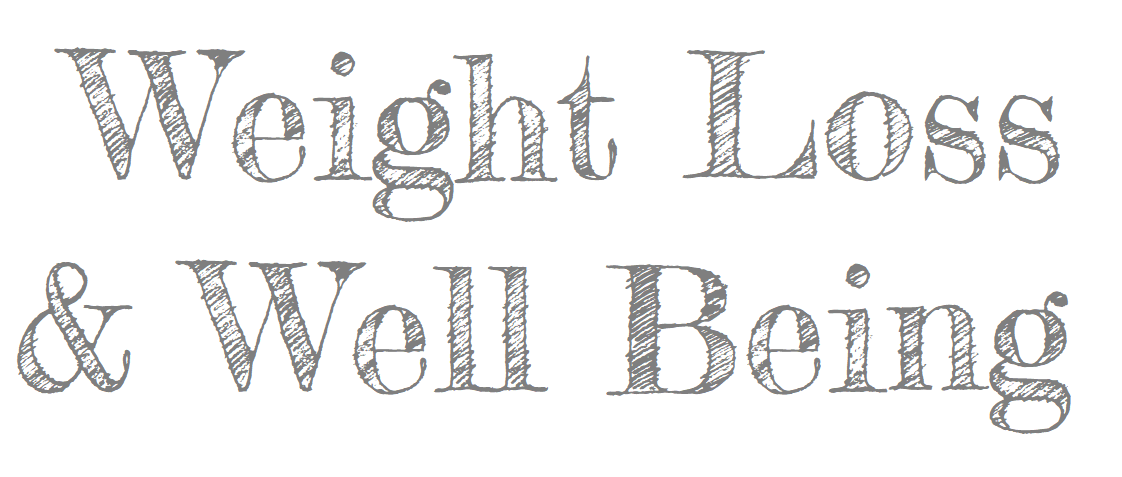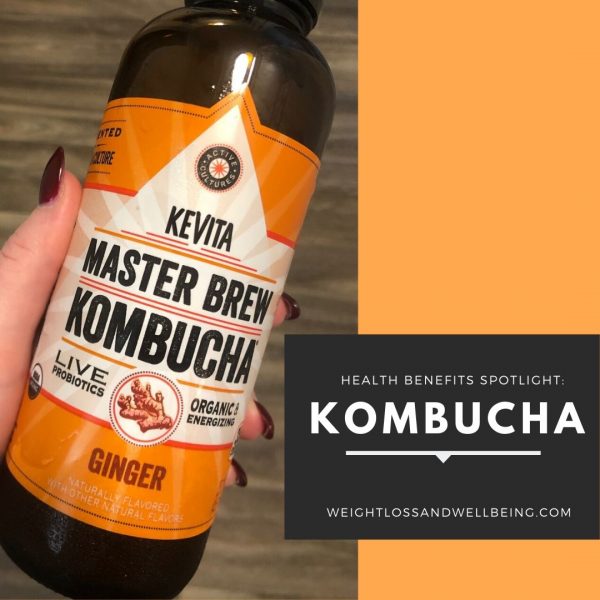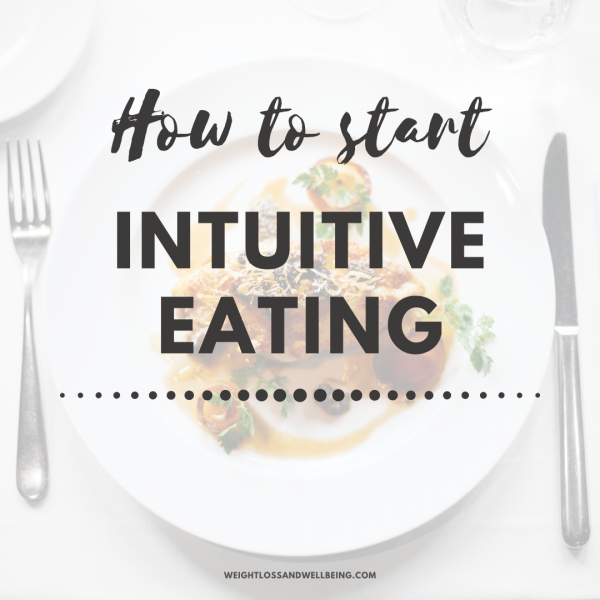Kombucha has so many health benefits which is great because it is a very trendy beverage for the weight loss and wellness communities.
Please note, this post contains Amazon Affiliate links that generate revenue for the site, at no additional cost to you, should you utilize one of the links.
What is kombucha?
Kombucha is a fermented tea beverage. Its reemergence in popularity lately is thanks to the recent push to return to traditional foods.
It is naturally low in calorie (between 30-40 calories per serving), contains probiotics, and is a great replacement for soda or alcohol.
The recipe hasn’t changed over the hundreds, possibly thousands, of years that humans have been drinking it. Kombucha is made by brewing tea and adding yeast, sugar, fruit juice, and a culture of bacteria. It is then fermented, which creates the light effervescence and tangy or tart flavor.
It is lightly fizzy, similar to sparkling water, but tangy like beer or wine. Some flavors include fruit juices or herbal flavors that complement the tart, almost vinegar-like profile. Due to the fermentation process it does contain a small amount of alcohol, and the tea adds a bit of caffeine.
If you enjoy wine or beer, I highly recommend you give kombucha a try. If you do not, then you may not be accustomed to the flavor profile. But I still encourage you to try several flavors and brand.
Each brand, style, flavor, and even batch have different flavor profiles and amounts of carbonation.

Try as many as you can to figure out which are right for you. Kombucha is a naturally made beverage, and nature loves variation. So even the same flavor may not taste the same every time.
Origins of Kombucha
Surpringly, we are unsure where kombucha first originated, or even really where it’s name came from. There are records dating back about 200 years that show brewing and consumption of a fermented tea in eastern Russia, and specifically Manchuria. And then may have been brought or shared with western Europe and later the Americas.
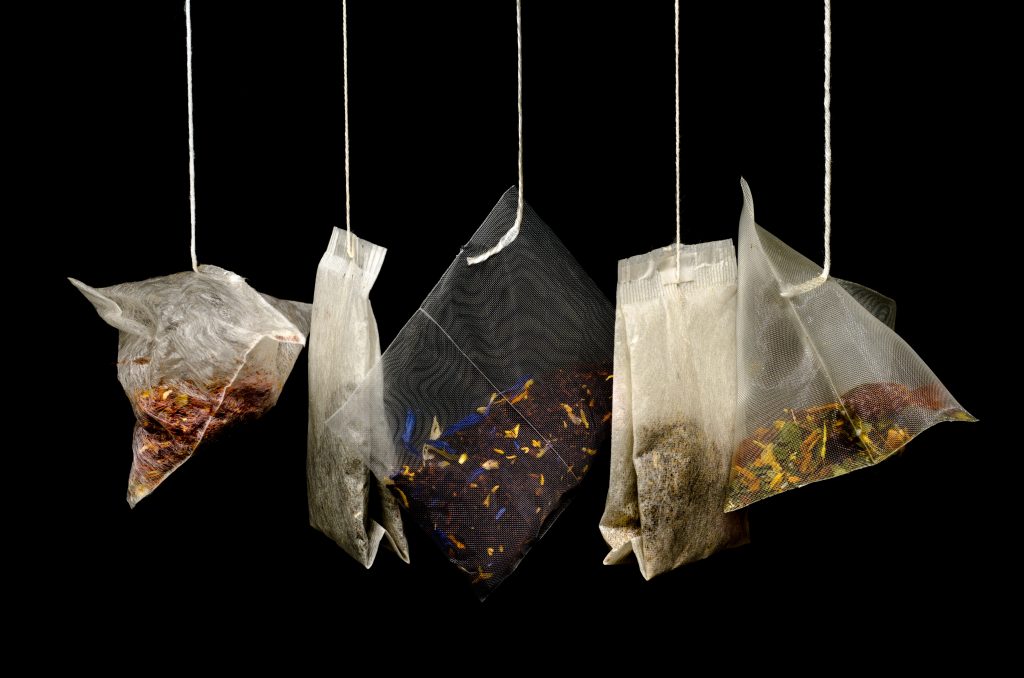
Though we can’t confirm, there is reason to believe that kombucha or a form of it has been consumed for centuries if not millennia. It has been referred to as “mushroom tea” but other cultures and may have been utilized as a preservation technique. Many have claimed different creators including the Chinese, Japanese, Russia, and the Middle East. And some have even claimed that it is described in the Bible.
The name itself is also a mystery. Some think it may be a misapplied Japanese word for tea that sounds similar, however there is no agreeD upon consensus.
Different kinds of Kombucha
Kombucha has begun to take on several new and different forms now that kombucha has reestablished itself on our shelves. You can easily find the original raw kombucha, and in tons of different flavors. There are herbal varieties and blends that include mint, basil, and peppermint, and the fruit or berry flavored like peach, pineapple, blueberry, and raspberry.
There are also new options that include chia seeds. These versions have a thicker consistency that forms due to the chia, but also give you the added benefit of that important seed (spotlight to come soon!). Higher alcohol content versions or “hard Kombucha” have also started to grace the shelves. Though I am a lover of both beer and kombucha, the few that I have tried were not good. I will continue to try them (of course, taking one for the team lol), but at this point, not recommended.
Health Benefits of Kombucha
Part of Kombucha’s recent rise in popularity are the health benefits. Probiotics are the most common thing to hear about, for good reason.
Raw or unpasturized kombucha has live bacteria in it. That yeast and culture remain in the beverage and gives it the effervescent finish.
These probiotics are the good bacteria that you need to have a healthy gut. If you’re not sure what that means check out our article on Gut Health. Getting these probiotics naturally through your diet is the best and can assist in de-bloating.
Besides supporting good gut health, kombucha has also been shown to help lower cholesterol and support the immune system. Kombucha is rich in b vitamins and may even help your hair, skin, and nails grow.
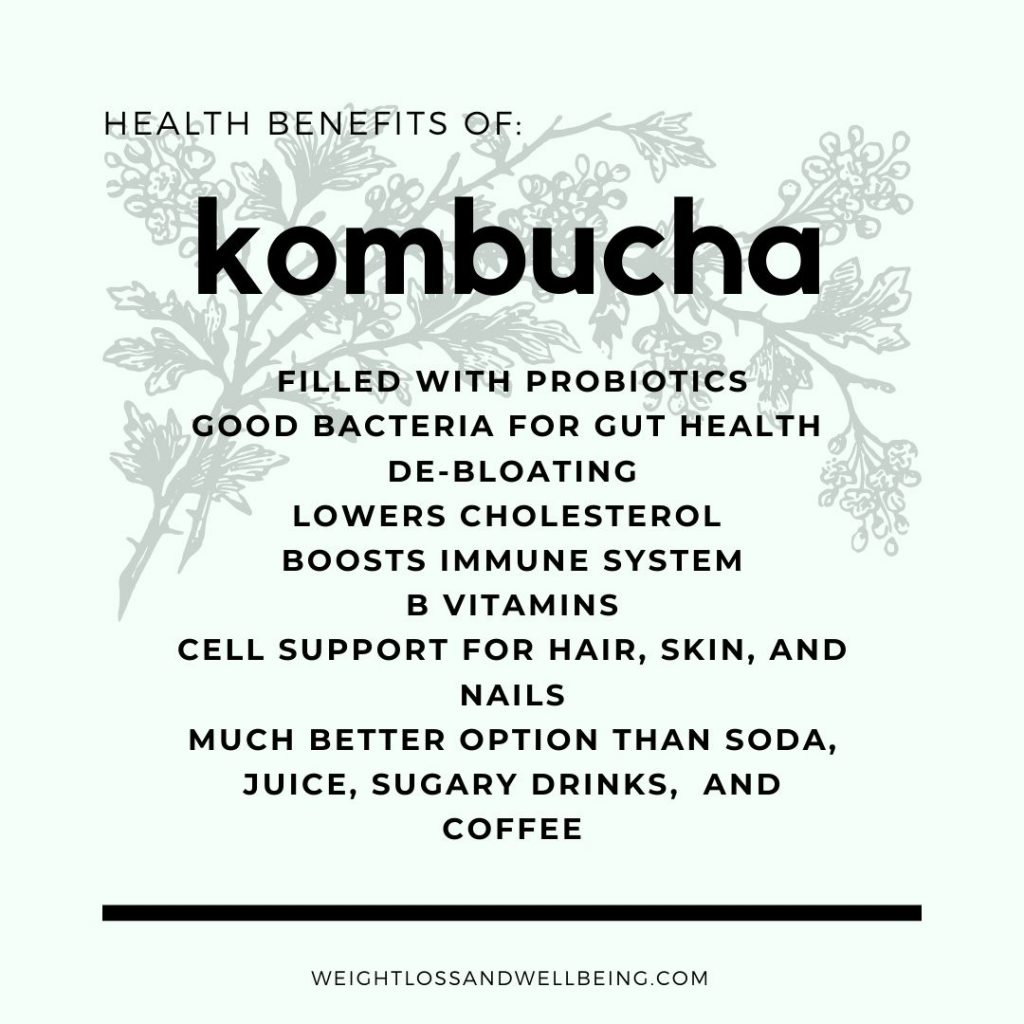
It is also a great replacement beverage for those who enjoy sugary drinks or soda. The similar taste and fizz help satisfy the craving in a healthy way. Kombucha’s low caffeine content also makes it a great alternative to coffee if you’re trying to cut back.
I enjoy having kombucha in a wine glass in place of a actual wine. It cuts back on the calories and alcohol consumption and I still get to enjoy a delicious beverage.
Alcohol and caffeine content
Kombucha does contain alcohol. However, commercially manufactured kombucha is labeled and sold as a non-alcoholic beverage because it has less than 5% alcohol content. You do not need to be 21 to purchase it.
Home-brewed versions may contain a higher alcohol content. And, there are also manufacturer’s that sell “hard” kombucha that has an alcohol content close to beer, between 4-8%.
Kombucha also contains caffeine. But it is actually a very minimal amount. A serving of kombucha has about the same amount of caffeine as a third of a cup of coffee. But, if you’re trying to reduce your caffeine intake, this would be a good option.
Where to find Kombucha
Kombucha can be brewed at home or easily found in most large supermarkets or specialty health food stores. If you select the home brew option, please be sure to do your research as there are a few ways that it can go bad and make you sick.
A few of my favorites are KeVita Ginger, Gt’s Lavendar Love, and HealthAde Pink Lady Apple. There are so many flavors to try, and some brands offer seasonal varieties. It is always sold in glass bottles and must be refrigerated at all times. Check for it near the juices and energy drinks.
Kombucha makes a great healthy alternative to soda, alcohol, and sugary juices or drinks. The health benefits of kombucha are endless. So, if you don’t like it the first time, keep trying, it can be an acquired taste.
